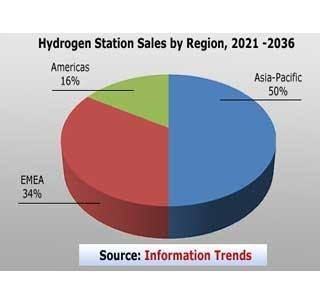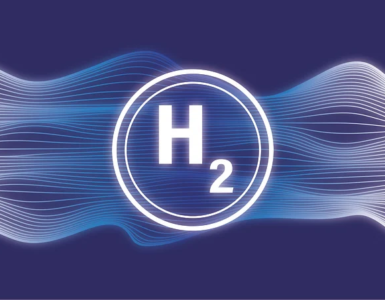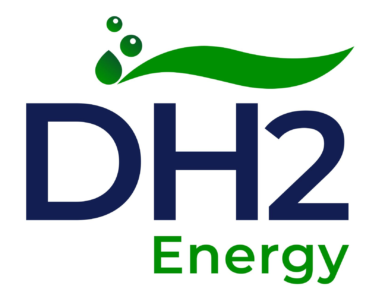US has fallen behind in race towards a hydrogen economy, says information trends.
The world is inexorably transitioning to a hydrogen economy, but the United States has woefully fallen behind, says a White Paper published by Information Trends. The White Paper is available on the Information Trends website free of charge.
In 2003, President Bush touted the potential for a “hydrogen economy” for combating climate change, the White Paper says. However, since then, the U.S. has been sleeping at the wheel, it says.
We are facing a global climate emergency, said Naqi Jaffery, the author of the While Paper. Rather than be the leading voice on energy transformation, the U.S. adopted a “wait and see” approach while the world has been plowing ahead.
🔥 What about we co-host a webinar? Let's educate, captivate, and convert the hydrogen economy!
Hydrogen Central is the global go-to online magazine for the hydrogen economy, we can help you host impactful webinars that become a global reference on your topic and are an evergreen source of leads. Click here to request more details
It has long been established that hydrogen is the fuel of the future, Mr. Jaffery said. Leading industrialized countries, including Japan, China, Korea, Australia, Germany, France, the U.K. and Canada have made significant strides in developing the hydrogen economy.
In February 2022, the U.S. belatedly allocated a paltry $9.5 billion for so-called “hydrogen hubs,” whose meaning and purpose remains unclear, Mr. Jaffery said. The U.S. has yet to articulate a clear hydrogen strategy and outline a viable hydrogen roadmap.
The U.S. has set a goal of bringing the cost of clean hydrogen to $1 per kilogram by the end of the decade, Mr. Jaffery said. However, without concrete actions, such a goal will remain a distant dream.
The international community needs to spend at least $6 trillion by 2030 to jump start the hydrogen economy, the White Paper says. Such an investment will pay enormous dividends, it says.
The initial engine of growth for the hydrogen economy is transport, but hydrogen is also being positioned for use in non-mobile applications, the White Paper says.
Data collected by Information Trends shows that close to forty-four thousand hydrogen fuel cell passenger vehicles had sold by year-end 2021, and the sales are rapidly picking up. These sales are in addition to the sales of commercial trucks and buses which are witnessing significant traction.
There is heightened activity with respect to the deployment of hydrogen production, distribution, and storage facilities. Deployments of hydrogen stations are accelerating as part of the ecosystem to fuel hydrogen fuel cell passenger vehicles as well as buses and trucks.
Several trials are underway in various parts of the world on taking hydrogen beyond powering vehicles, such as electrifying homes. Eventually, hydrogen will be pervasive, becoming an integral part of our everyday lives.
The world has accomplished a lot so far in advancing towards a hydrogen economy, the White Paper says. Yet, with the planet facing an existential crisis, a lot more needs to be done.
The international community needs to step up to make green hydrogen produced without releasing pollutants a reality in the shortest possible time, it says.
About Information Trends
Information Trends is a reputable market research, consulting and advisory services firm based in the Washington D.C. metro area. The company publishes in-depth market studies and provides annual subscription services to meet its clients’ ongoing needs for actionable market intelligence.
Highlights:
- Major Industrialized Countries Have Embraced the Transition to the New Energy System
- World Needs $6 Trillion During This Decade to Rapidly Implement the Fuel of the Future
U.S. Has Fallen Behind in Race Towards a Hydrogen Economy, Says Information Trends, STERLING, Va., June 22, 2022








